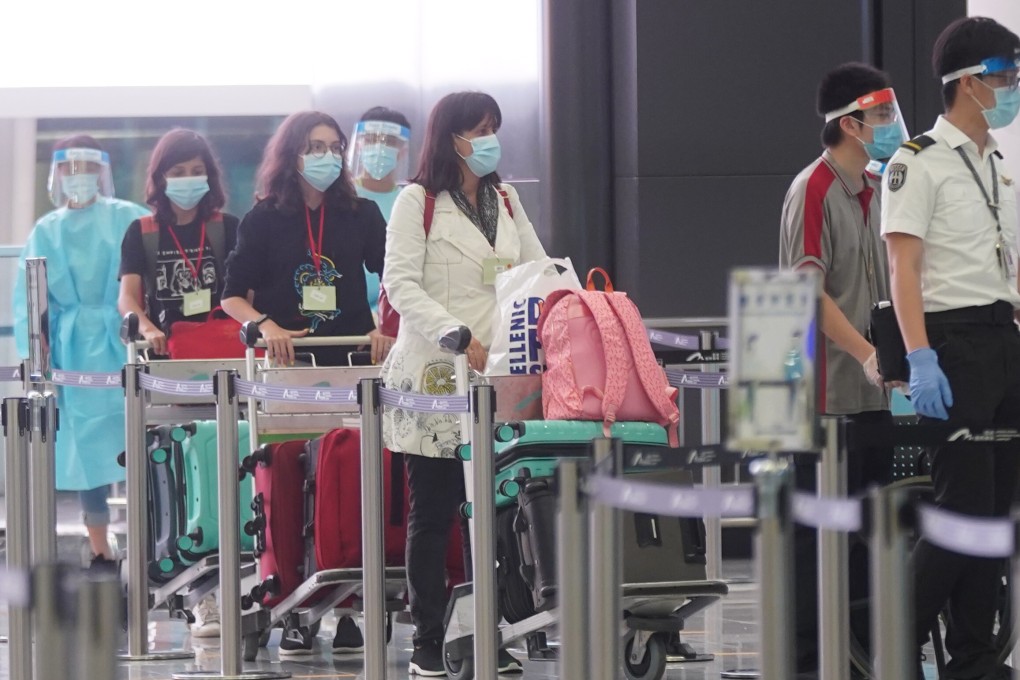Editorial | City’s zero tolerance approach cannot be a long-term strategy
- While Hong Kong’s Covid-19 strategy has been shaped with the mainland border largely in mind, it is starting to have a negative impact. While guards cannot be excessively relaxed for now, the experiences of other countries can be closely watched and there has to be community-wide debate on when and how to reopen to the world

The world’s governments are falling into either of two camps in dealing with the Covid-19 pandemic: learn to live with the virus or maintain its elimination through a zero tolerance approach. Beijing has made its position clear, consensus having been reached that the latter is the way forward as the nation battles outbreaks of the highly infectious Delta variant in at least 17 provinces. The quarantining of airport arrivals, mass testing, contact tracing, targeted lockdowns, travel curbs and other methods that have proven so successful in staving off the disease will remain priorities. That has an obvious knock-on effect for neighbouring Hong Kong, where there has been a single locally transmitted case in the past two months and frustration is growing over border reopenings.
But the city’s zero (local infection) tolerance approach and the quarantining and rigorous testing of travellers is starting to have a negative impact. Only Australia and New Zealand share the strategy, while other developed parts of the world believe that they have to treat the virus the same as other highly infectious diseases and learn to live with it. Singapore and Britain are the best examples. With the goal of attaining herd immunity through vaccination, they are allowing business and travel to resume as before Covid-19.
Infectious disease experts in the mainland and Hong Kong are divided. But zero tolerance cannot be a long-term strategy when an increasing number of governments are deciding it is not a sustainable approach. Borders can never be fully reopened and mandatory quarantining and tough testing regimes will deter travel.
The mainland’s health care system is not as well equipped as those of many Western nations to deal with serious cases of infection, so Beijing’s prudent approach to Covid-19 is understandable. Hong Kong is similarly placed and the uncertainties posed by Delta and potential future strains create significant challenges. Ensuring herd immunity is reached through vaccination, upgrading hospitals to prepare for a crisis and remaining vigilant are priorities. For now, guards cannot be excessively relaxed, but the experiences of other countries can be closely watched and there has to be community-wide debate on when and how to reopen to the world.
